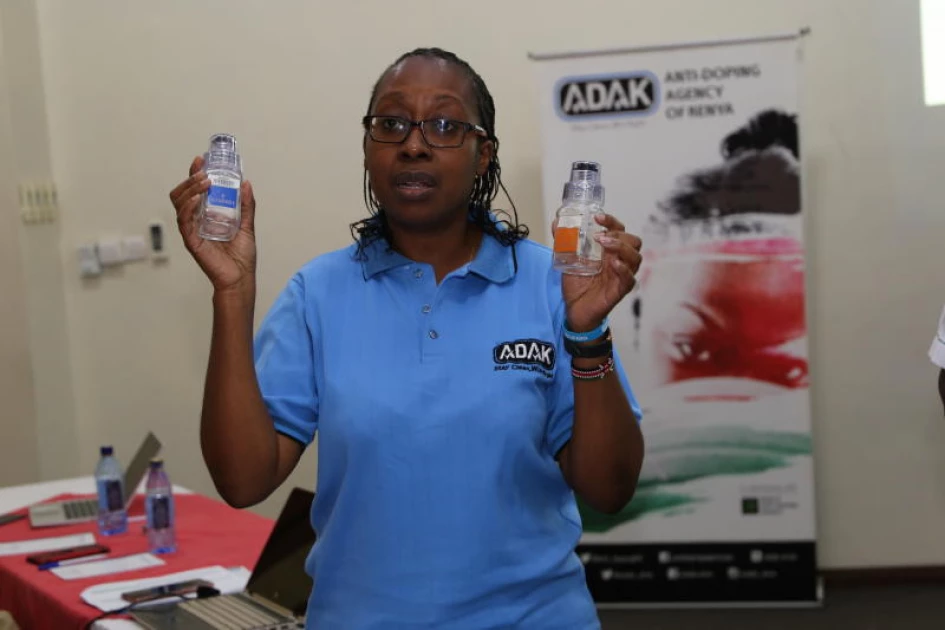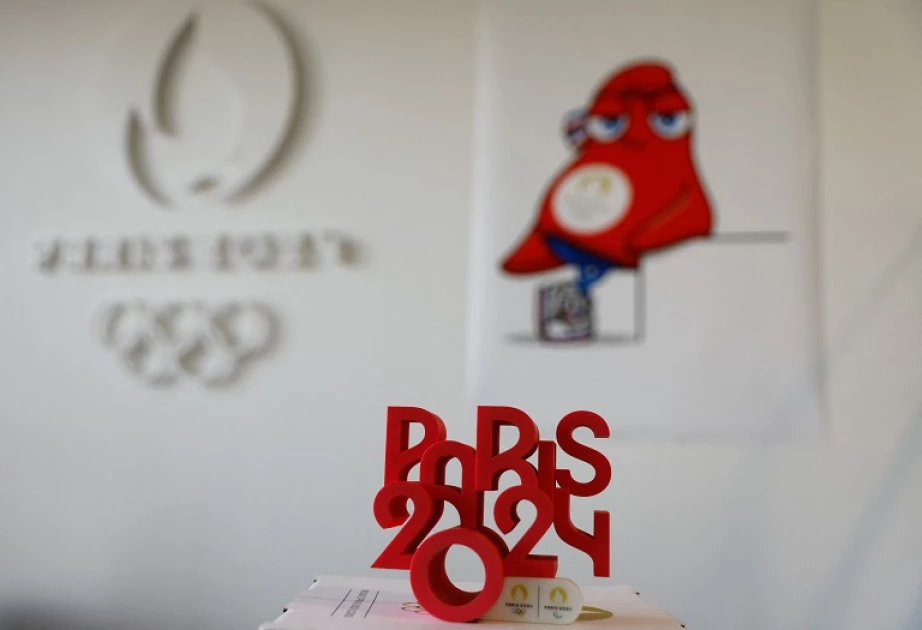Journalists have a crucial role in combating doping as Kenya strives to be removed from the World Anti-Doping Agency (WADA) Category A list of countries at the highest risk of doping.
During a workshop organized for Sports Journalists Association of Kenya (SJAK) members in Naivasha, Nakuru County, Anti-Doping Agency of Kenya (ADAK) Chief Executive Sarah Shibutse, through Head of Anti-Doping Education and Research Martin Sisa, highlighted that increased testing has revealed more doping cases than ever before. ADAK recorded its highest-ever annual testing figures with 4,135 athletes tested in the past year, and the organization aims to increase this number to 6,000 in the next 12 months.
“In Kenya, where athletics is a significant source of national pride and international recognition, the role of journalists is particularly critical. By shining a light on doping practices and advocating for clean sports, they help to protect the integrity of Kenyan athletics and inspire future generations of athletes,” Shibutse said.
Shibutse emphasized the importance of journalists in raising awareness, promoting transparency, and holding stakeholders accountable in the fight against doping. She noted that Kenya is a signatory to the 2005 UNESCO Convention Against Doping in Sports, guided by Article 5 of the Convention, which obliges state parties to adopt appropriate measures such as legislation, regulation, policies, or administrative practices.
Since the last year’s clean sport workshop for SJAK, the media has significantly improved the reporting on doping cases among Kenyan athletes. “I am happy to report that the Agency has seen a tremendous improvement in the way doping cases are reported in Kenya. ADAK encourages journalists to continue supporting this fight against doping,” Shibutse stated.
Journalists contribute immensely to the fight against doping by exposing scandals through investigative journalism and uncovering hidden doping practices, prompting action from sports authorities and the government. Through articles, interviews, and documentaries, journalists highlight the importance of integrity and fair play in sports.
Shibutse further explained that journalists can advocate for stronger anti-doping measures and policies through opinion pieces, editorials, and partnerships with advocacy groups. By reporting on successful doping control measures and clean athletes, journalists reinforce positive behaviors and role models in sports.
4o


